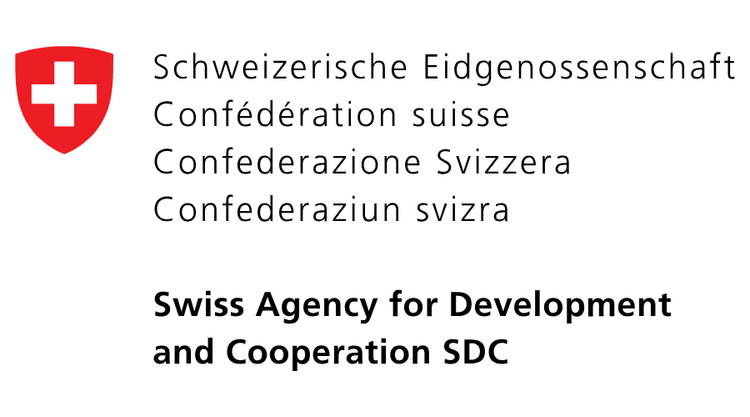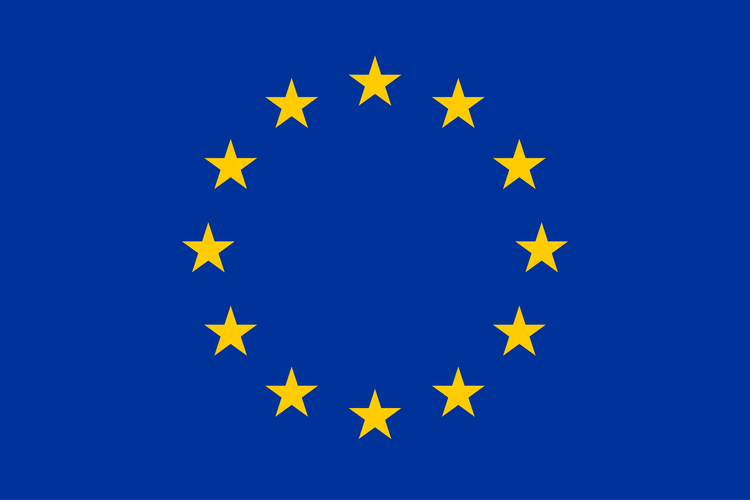Menu
Engaging Society, Making A Difference
Who We Are
For over 20 years, Never Again Rwanda has worked towards improving the lives of all Rwandans, through our 5 pillars: Peacebuilding, Governance and Human Rights, Youth Engagement, Research, and Strategic Partnerships. Our work aims to positively impact all Rwandans, for the betterment of our country.
Testimonials
Real Voices, Real Impact
Working at Never Again Rwanda is an incredibly fulfilling experience. Through innovative programs and meaningful engagement with diverse communities, NAR offers an opportunity to work towards making a difference in the world.
Map of Our Work
Stronger Together: Our Allies in Action
Our work is amplified by the dedication of the Government of Rwanda, as well as partner organizations across the country. Together, we are reaching more people, creating more change, and building a future where peace prevails.
A map is loading
"Since 2002, we have empowered citizens across Rwanda and the Great Lakes region to build a peaceful and just society in response to the effects of the 1994 Genocide against the Tutsi. Together with the Government of Rwanda, our donors and partners, we continue to uphold “Never Again” and work toward unity, peace, and social justice."
Dr. Nkurunziza Joseph Ryarasa
Executive Director
Our Partners





Subscribe to our newsletter
Interested in being updated about our work? Subscribe to our newsletter.